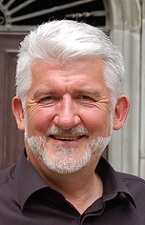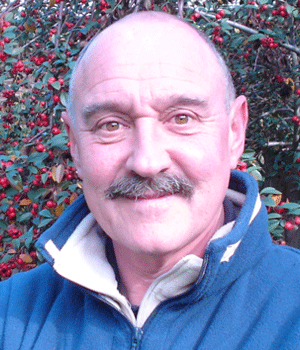Arts and humanities courses
Arts and humanities courses. We don’t just teach, we inspire.
Exploring the depths of culture, philosophy and history has never been so accessible. Learn from experts in the field and create an everlasting bond with some of the world’s most impactful reading material. Our comprehensive arts and humanities courses offered at the University of Sydney provide students with unending knowledge that touches our roots while building towards the future.
Don’t be intimidated by our knowledgeable faculty – they know their stuff but they also understand that everyone starts somewhere, which is why we welcome inquiring minds without prejudice. Step up to unleash your inner scholar and get energised by mind-stimulating discourse amongst like-minded peers. Meet friends, form opinions and come out of it with a cultural experience you won’t soon forget!
Sign up now for your very own inspiring experience. We offer groundbreaking opportunities to unlock your intellectual potential, turning everyday people into more thoughtful citizens able to appreciate their pasts and consider their futures more deeply. So say farewell to mundane education and open your world through art and humanities today! Learn arts and humanities in Sydney with arts and humanities courses from the University of Sydney – your premier provider of short courses in Sydney and online.
Meet your facilitators
Antony Cirocco
Robert Gay
Kerry Sanders
John Wells
- There's no block with the name: Featured Articles - Arts and Humanitites
Philosophy Course: Introduction to Hobbes
Music in the German Lands Course: 1866-1876
Philosophy of History Course: Herodotus to The History Channel
Philosophy Course: Hegel
Jung and Alchemy Course
Philosophy of Anthropology Course
Philosophy of Law Course: Jurisprudence
Music of the Fin de Siècle Course: 1884 - 1893
In Part II of this series of courses on Music in Europe in the late Nineteenth Century, we continue to explore and weave together the various nationalist strands of orchestral and operatic music composed in this period, by now universally being referred to as the Fin de Siècle.
We not only see how Brahms dominates the German musical scene after the death of Wagner, but how his protégé Dvorak has established himself as a force to be reckoned with, both in England – composing a series of major orchestral and choral works for the annual English music festivals – and also further afield, accepting a specially-created and highly-lucrative position as head of a new musical conservatory in New York.
We see Saint-Saëns’s neglected opera Samson et Dalila finally take its rightful place at the Paris Opéra, where it rapidly becomes part of the repertoire, and note the huge success of Massenet’s Manon at the Opéra-Comique. We also pay homage to Fauré’s gentler vocal muse through his delightful collections of mélodies and chansons.
Through this decade, the Russian school is dominated by Tchaikovsky, particularly his late sequence of masterpieces comprising the Pushkin opera The Queen of Spades, the ballets Sleeping Beauty and Nutcracker, and the final symphony, the so-called Pathétique. Rimsky-Korsakov also dazzles with his breathtakingly voluptuous orchestration in his ‘symphonic suite’ Sheherazade.
Verdi rounds off a remarkable 50-year career with two magnificent operas based on his beloved Shakespeare – the tragic Otello, and the comic Falstaff – both featuring brilliant librettos by Arrigo Boito. Meanwhile, in the early 1890s, the young Italian school revel in the violence of the new verismo style, launched by Mascagni with Cavalleria rusticana and confirmed soon afterwards by Leoncavallo’s Pagliacci.
In the final lecture we encounter the music of newcomers Gustav Mahler and Richard Strauss for the first time.
[More]


